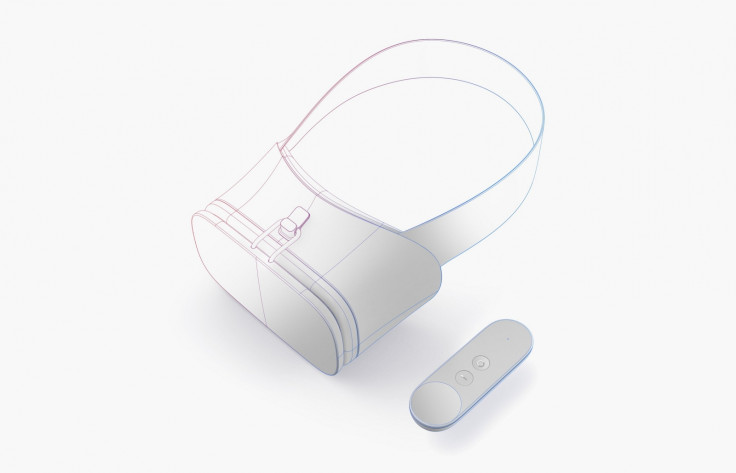Google reportedly working on mixed reality headset to rival HoloLens and Magic Leap
Headset won't be an Oculus Rift/ HTC Vive clone.

Google is said to have scrapped plans for a high-end virtual reality (VR) headset in favour of a product that combines both VR and AR (augmented reality) elements, similar to Microsoft's HoloLens or Magic Leap's as yet unnamed mixed reality device.
Recode reported on Friday (15 July) that Google had shuttered work on a standalone VR headset to rival the Oculus Rift and HTC Vive. Around 50 employees from Google's X lab were said to be working on the device, which would not only work without a smartphone or computer but incorporate a new operating system unique from Android.
Sources speaking to Engadget told the website that while this particular project has been scrapped, Google continues to work on a high-end, dedicated headset that "blurs the line between virtual reality and augmented reality". On the surface at least, this suggests the company is heading down the mixed reality route.
Mixed reality takes VR, which is an immersive world, and uses AR to anchor it in the physical world — similar to how Pokemon Go works. It's the same approach being adopted by Magic Leap, a secretive Google-backed company that's currently working on a standalone headset incorporating both AR and VR elements.
Engadget's unnamed sources claim Google is particularly interested in pursuing the augmented reality side of things, meaning whatever is in the works could be more akin to the Microsoft HoloLens than the gaming-focused headsets from Oculus and HTC. In February, the Wall Street Journal reported that Google was working on a standalone headset featuring outward-facing cameras and a Movidus chip that would track users' head movements. When looked at retrospectively, this fits the description for a headset with augmented reality leanings better than it in does a pure virtual reality device.
When we'll actually see the headset remains unclear. Daydream, Google's mobile VR platform, will no doubt come higher on the company's list of priorities given that the first compatible Android Nougat smartphones will be trickling out over the coming months. However, Engadget's sources suggested that Daydream is but a stop-gap in Google's more ambitious VR goals, meaning Alphabet's ultimate plans for virtual reality may lie far beyond the Android ecosystem.
© Copyright IBTimes 2024. All rights reserved.






